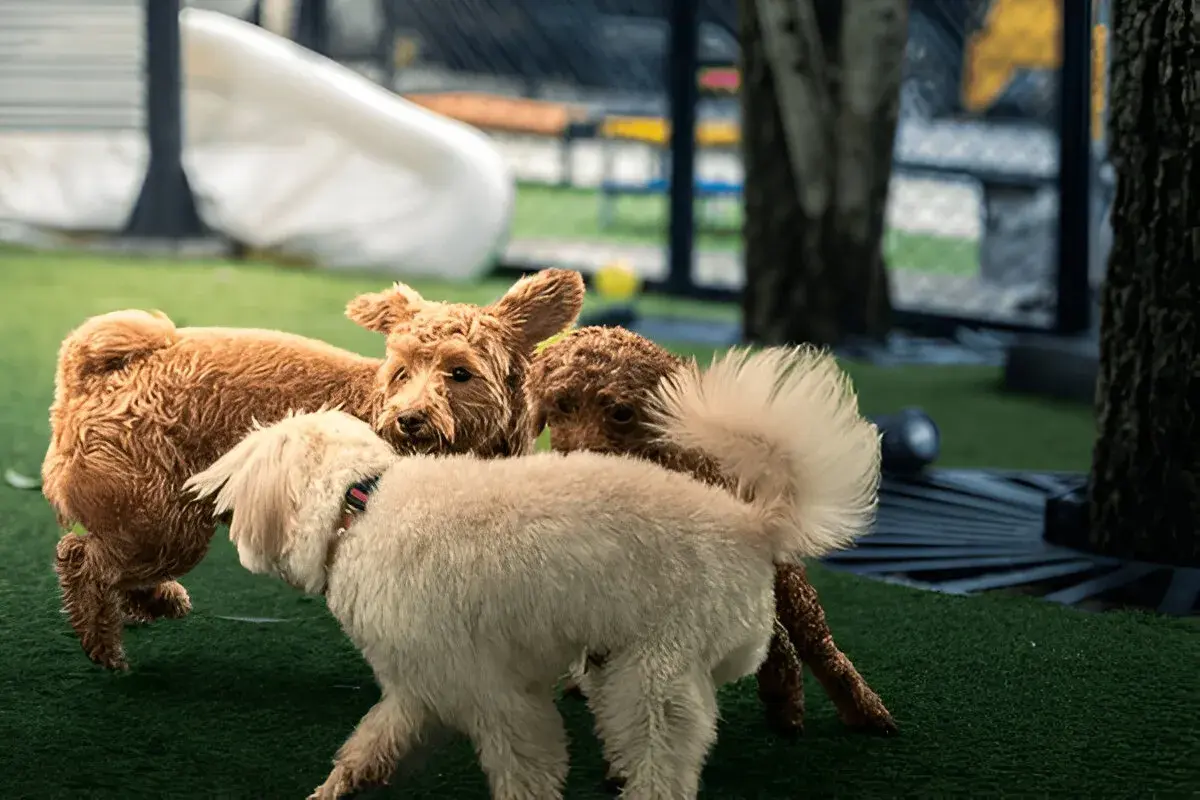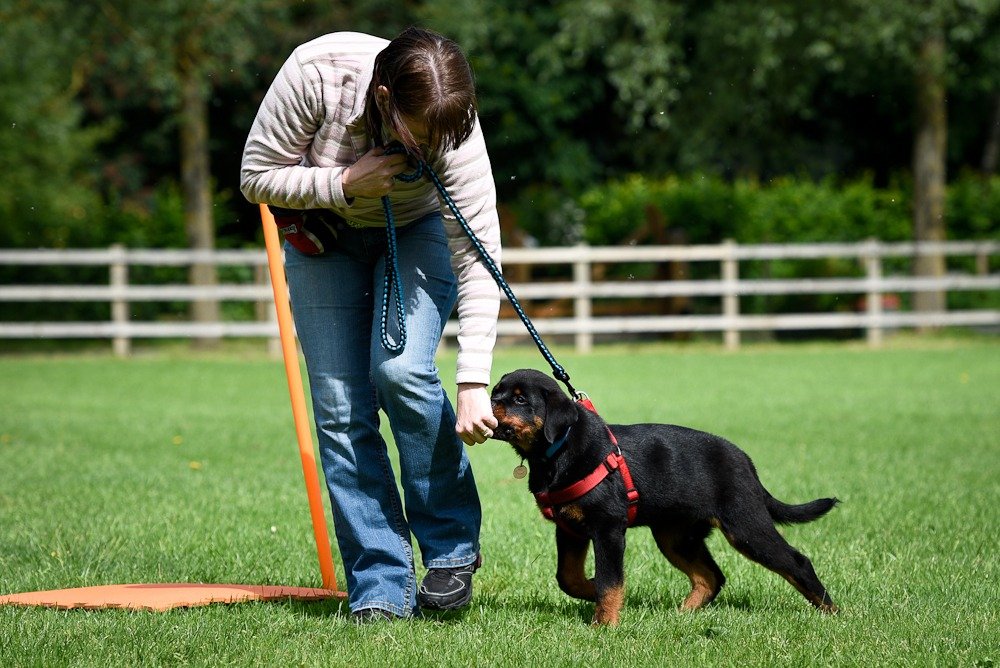Bringing home a new dog is exciting, but it can also feel overwhelming. Puppies and rescue dogs alike need structure, training, and guidance to grow into well-behaved companions. That’s where a Dog Training Academy in Chicago comes in. These academies are designed to help both pets and owners learn the skills they need for a happy, stress-free life together.
If you’re a first-time dog owner, this guide will walk you through everything you need to know about choosing and benefiting from a dog training academy in Chicago.
What Is a Dog Training Academy?
A dog training academy is a professional facility where dogs learn obedience, social skills, and behavior correction. Unlike casual training at home, an academy provides a structured environment with experienced trainers who understand canine behavior.
In Chicago, dog training academies often offer:
- Puppy basics (sit, stay, come, leash walking)
- Socialization with other dogs and people
- Behavior correction for barking, chewing, or aggression
- Advanced obedience for long-term discipline
Why New Dog Owners Should Consider a Dog Training Academy in Chicago
1. Professional Guidance
As a new dog owner, you may not always know how to handle unwanted behavior. Trainers at a Dog Training Academy in Chicago use proven methods that work faster and are easier for both you and your dog to follow.
2. Early Socialization
Dogs, especially puppies, need to meet other dogs and humans early. Training academies provide safe environments for this. Without socialization, dogs can develop fear or aggression issues.
3. Saves Time and Stress
Training a dog takes patience. For busy Chicago residents, a training academy can speed up the process while reducing frustration at home.
4. Builds Stronger Bonds
When you and your dog learn together, your relationship deepens. Training encourages trust and communication, which makes your bond unshakable.
Types of Training Programs in Chicago Dog Academies
Puppy Training
This is the foundation. Puppies learn commands, potty training, crate training, and how to walk on a leash.
Group Training Classes
Dogs learn alongside other pets, which is perfect for socialization. Group settings also help dogs stay calm in distracting environments.
Private Training
For specific issues—like leash pulling or separation anxiety—private sessions give one-on-one attention tailored to your dog.
Board and Train Programs
In this setup, your dog stays at the academy for several weeks as part of a structured Board and Train Programs package. Trainers work with your dog daily on obedience, behavior correction, and socialization, and then they return home with new skills you can reinforce.

What to Expect at Your First Session
If you’re signing up with a Dog Training Academy in Chicago, here’s how your first visit usually looks:
- Assessment: The trainer evaluates your dog’s personality, behavior, and current skill level.
- Goal Setting: Together, you set clear goals—whether it’s basic obedience or solving a problem.
- Demonstration: Trainers often show you techniques during the first session so you can practice at home.
- Homework: You’ll leave with simple tasks to reinforce the training between sessions.
How to Choose the Right Dog Training Academy in Chicago
Not all academies are the same. Keep these points in mind before enrolling:
- Trainer Credentials – Look for certified trainers with proven experience.
- Training Methods – Choose academies that use positive reinforcement instead of harsh punishment.
- Class Sizes – Smaller groups mean more attention for your dog.
- Facilities – Clean, safe, and spacious training areas are essential.
- Reviews and Reputation – Check testimonials from other Chicago dog owners.
Common Mistakes New Dog Owners Make
Even with the best intentions, new owners can run into problems. Some of the most common mistakes include:
- Skipping Training Altogether: Waiting too long can make bad habits harder to break.
- Inconsistent Commands: If you say “down” one day and “sit” the next, your dog gets confused.
- Lack of Patience: Training takes time. Expecting results overnight is unrealistic.
- Not Reinforcing at Home: What your dog learns at the academy must be practiced daily at home.
The Long-Term Benefits of Dog Training
Investing in a Dog Training Academy in Chicago has lasting payoffs:
- Improved Behavior at Home – Less barking, chewing, or accidents.
- Confidence in Public – Dogs become calmer in parks, cafes, or vet visits.
- Stronger Connection – You’ll understand your dog’s needs better.
- Safety – Commands like “stay” and “come” can prevent dangerous situations.
Tips for Practicing Training at Home
- Stay Consistent – Use the same words and gestures every time.
- Keep Sessions Short – 10–15 minutes is enough for most dogs.
- Reward Good Behavior – Treats, praise, or playtime work wonders.
- Stay Patient – Training is a journey, not a one-day fix.
Final Thoughts
Enrolling your pet in a Dog Training Academy in Chicago is one of the smartest decisions a new dog owner can make. It provides professional support, ensures proper socialization, and sets your furry friend up for a lifetime of good behavior.
If you’re ready to start your journey with a well-trained and happy dog, consider trusted names in the city like Prestige Dog Training—a place where both you and your pet can thrive together.











Leave a Reply